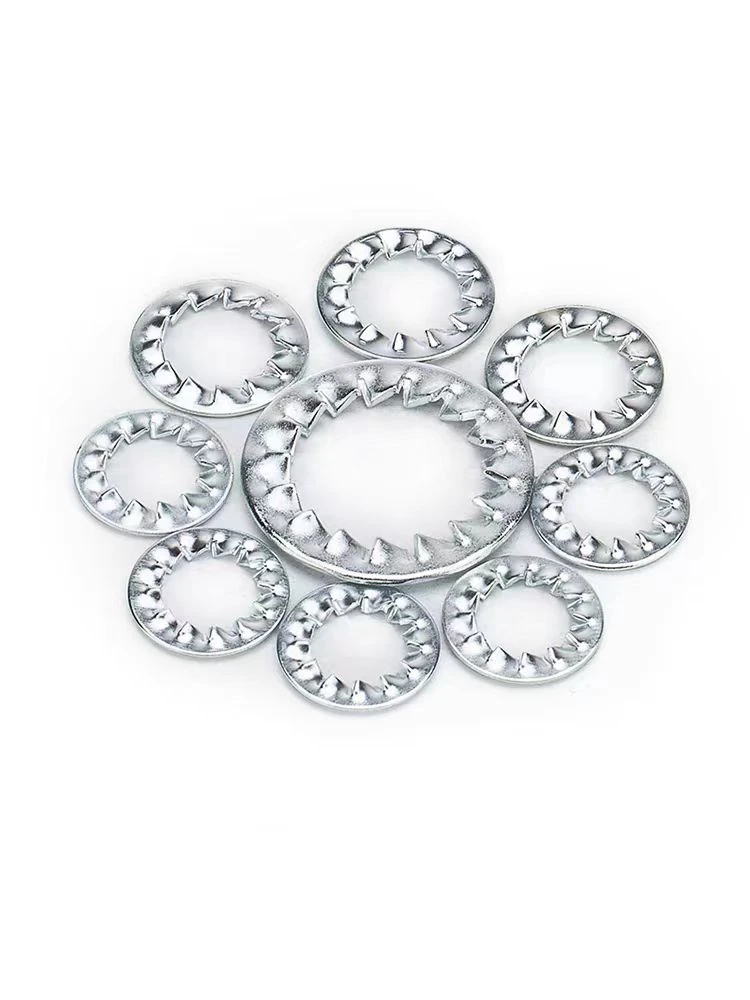

Understanding the Applications and Benefits of Threaded Stud Bolts in Various Industries
Nov . 04, 2024 19:18 Back to list
Understanding the Applications and Benefits of Threaded Stud Bolts in Various Industries
Understanding Threaded Stud Bolts An Essential Component in Engineering
Threaded stud bolts are fundamental elements in mechanical engineering, construction, and various industrial applications. They are essentially long rods with threads on both ends, designed to provide a means of fastening two or more components together. Their unique design, along with their versatility, makes them indispensable in numerous applications ranging from automotive to aerospace, and even in the construction of buildings and bridges.
What is a Threaded Stud Bolt?
A threaded stud bolt, often referred to simply as a stud, is a type of fastener that is characterized by its shank (the main body) which is devoid of threads in the middle portion. The ends of the stud have threads, allowing for nuts or other fasteners to be attached. This design facilitates a strong and secure connection while allowing for ease of assembly and disassembly, which is particularly beneficial in maintenance and repair operations.
Threaded stud bolts come in various sizes, lengths, and materials, catering to different requirements and environments. Common materials include carbon steel, stainless steel, and alloy steel, each providing distinct advantages in terms of strength, corrosion resistance, and thermal stability.
Applications of Threaded Stud Bolts
1. Automotive Industry In automotive applications, stud bolts are widely used to secure components such as cylinder heads, exhaust manifolds, and axles. Their ability to withstand high levels of stress and vibration makes them ideal for vehicles that operate under demanding conditions.
2. Construction In construction, threaded stud bolts play a crucial role in fastening structural components. They are often used in steel construction to connect beams, columns, and other structural elements. Their reliable performance ensures the integrity and safety of the structures being built.
3. Aerospace The aerospace industry relies heavily on threaded stud bolts to assemble aircraft components. Given the stringent requirements for strength and weight reduction, specialized materials and designs are employed to meet these challenges.
4. Manufacturing In manufacturing settings, threaded stud bolts are used in machinery and equipment assembly. They facilitate the rapid assembly and disassembly of machinery, allowing for efficient maintenance and upgrades.
5. Marine Applications In marine environments, corrosion resistance is a critical factor. Stud bolts made from stainless steel or coated with anti-corrosive materials ensure longevity even when exposed to harsh sea conditions.
threaded stud bolt

Advantages of Threaded Stud Bolts
One of the primary advantages of threaded stud bolts is their ability to provide a strong and secure connection. When installed properly, they can withstand significant loads and stresses, making them suitable for a variety of heavy-duty applications. Additionally, the ease of installation and removal is another benefit; unlike traditional bolts that require tightening from both ends, stud bolts can be tightened from one side, simplifying the assembly process.
Another significant advantage is their versatility. With various sizes, grades, and materials available, they can be customized to meet the specific requirements of any project. This flexibility makes them a go-to choice for engineers and designers across multiple industries.
Considerations in Choosing Threaded Stud Bolts
When selecting threaded stud bolts for a particular application, several factors must be considered
1. Load Requirements The expected loads and stresses that will be applied to the joint are critical in determining the appropriate strength and size of the stud bolt.
2. Material Compatibility It's essential to select materials that are compatible with the components being fastened to prevent issues such as galvanic corrosion.
3. Environmental Factors Conditions such as temperature, humidity, and exposure to chemicals will influence the choice of materials and coatings for the stud bolts.
4. Installation Method The ease of installation and whether specialized tools are required can also impact the decision-making process.
Conclusion
Threaded stud bolts are an integral part of modern engineering and construction. Their strong, reliable connections, combined with versatility and ease of use, make them an essential component across various industries. As technology evolves and demands change, the development of new materials and designs for stud bolts will continue to support innovation in fastening techniques, ensuring that they remain a staple in both current and future engineering applications. Understanding their applications and benefits is crucial for engineers and professionals in ensuring the integrity and safety of their projects.
Latest news
-
High-Strength Hot Dip Galvanized Bolts - Hebei Longze | Corrosion Resistance, Customization
NewsJul.30,2025
-
Hot Dip Galvanized Bolts-Hebei Longze|Corrosion Resistance&High Strength
NewsJul.30,2025
-
High-Strength Hot-Dip Galvanized Bolts-Hebei Longze|Corrosion Resistance&High Strength
NewsJul.30,2025
-
Hot Dip Galvanized Bolts-Hebei Longze|Corrosion Resistance&High Strength
NewsJul.30,2025
-
Hot Dip Galvanized Bolts - Hebei Longze | Corrosion Resistance, High Strength
NewsJul.30,2025
-
High-Strength Hot Dip Galvanized Bolts-Hebei Longze|Corrosion Resistance, Grade 8.8
NewsJul.30,2025

